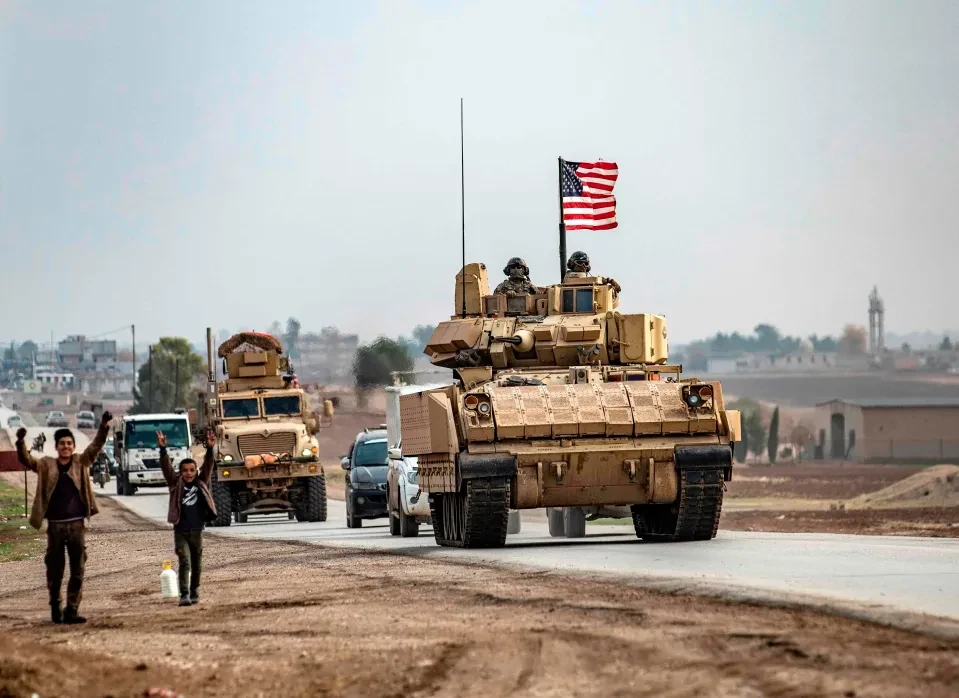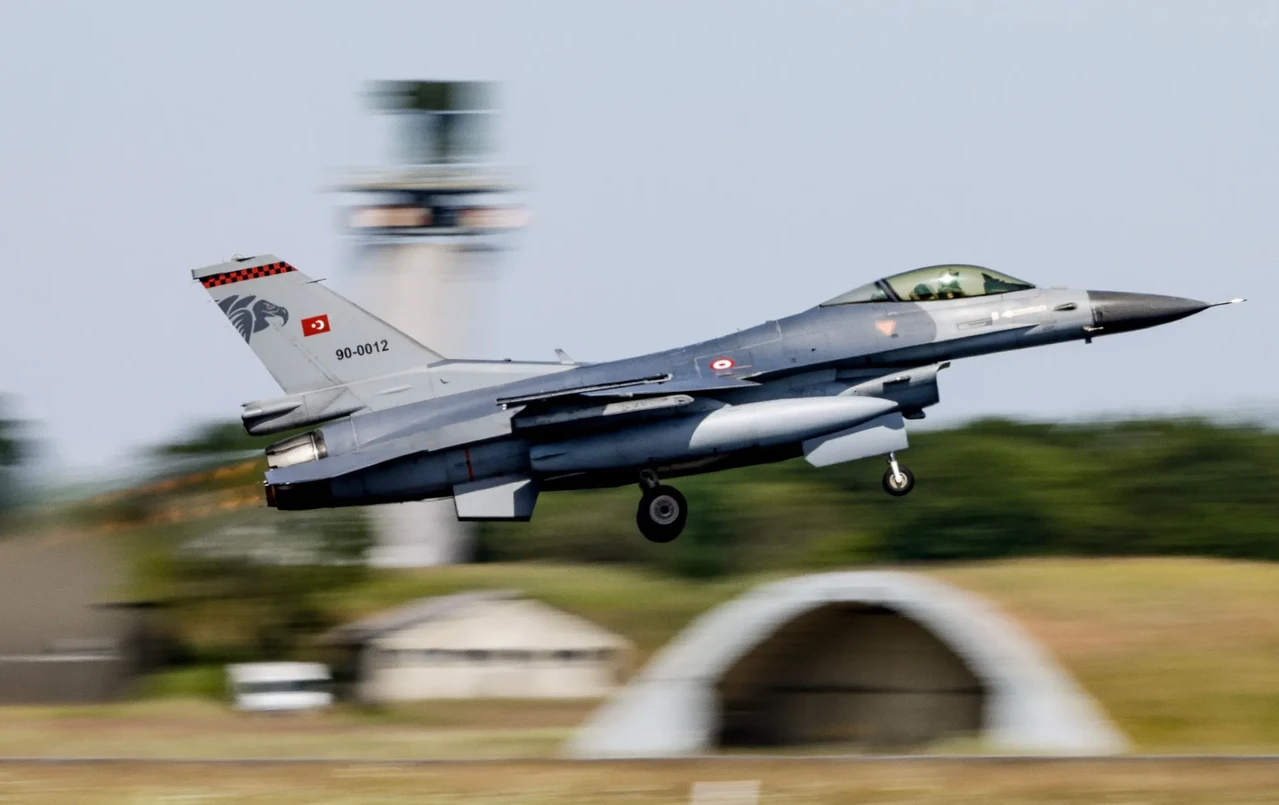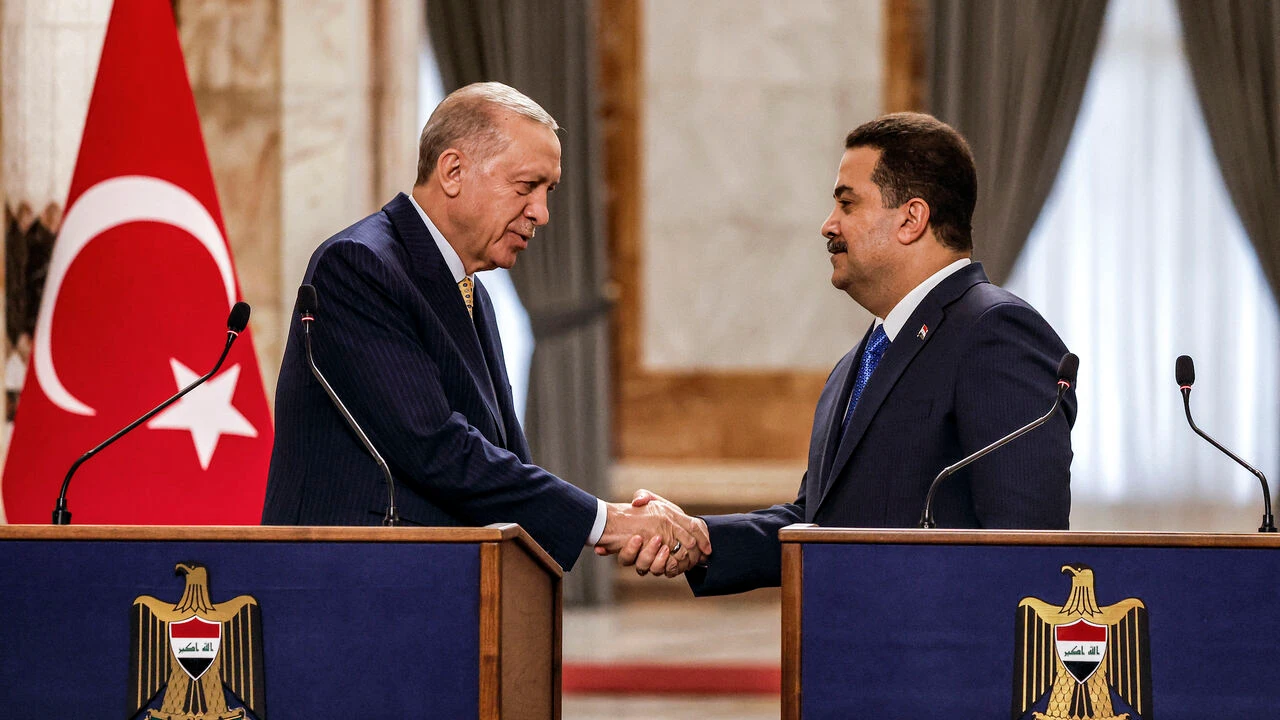Türkiye halts military exports to Russia amid US concerns: Media reports
 A member of staff walks near the Bayraktar Kizilelma UCAV during the opening day of the SAHA EXPO 2024, an International Defence and Aerospace exhibition, in Istanbul on October 22, 2024 (AFP Photo)
A member of staff walks near the Bayraktar Kizilelma UCAV during the opening day of the SAHA EXPO 2024, an International Defence and Aerospace exhibition, in Istanbul on October 22, 2024 (AFP Photo)
According to the Financial Times, Türkiye has reportedly placed a ban on the export of U.S.-origin military-linked goods to Russia. This decision follows concerns from Washington and its allies about Ankara’s alleged role as an intermediary in supplying battlefield goods to Moscow amid the ongoing war in Ukraine.
The restricted items include advanced electronics used in weaponry, as Türkiye seeks to address concerns raised by the U.S. government.
Türkiye implements trade curbs on military goods
In recent weeks, Türkiye has updated its electronic customs system to block the export of more than 50 categories of U.S.-made goods deemed crucial for Russia’s military operations.
These include microchips, remote control systems and other battlefield equipment that Western allies believe are being used in Russia‘s weaponry. The restrictions were not publicly announced due to “political sensitivities,” according to sources familiar with the matter speaking to the Financial Times.
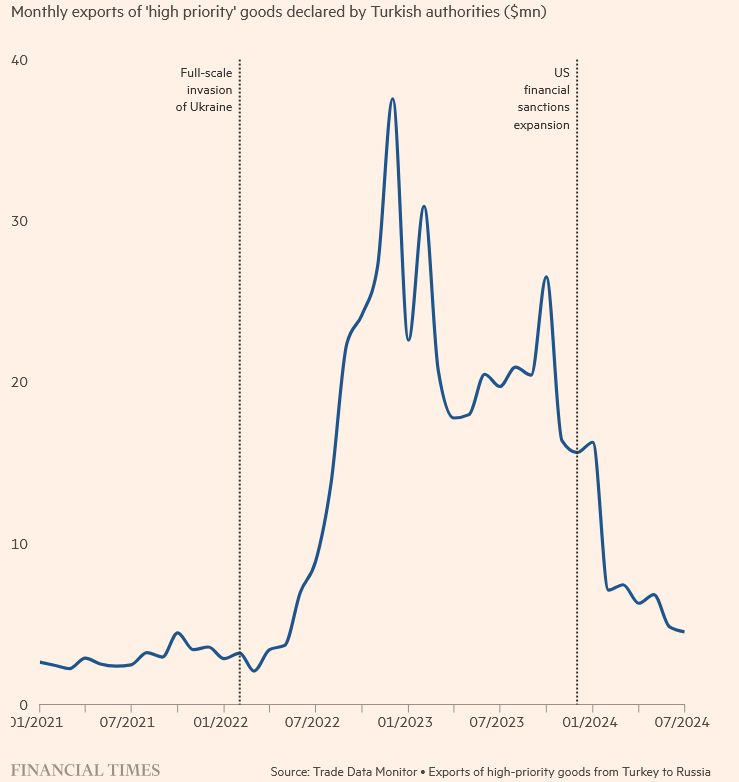
Türkiye’s trade shift
The decision to block these exports follows concerns from the Biden administration that U.S.-origin military-linked exports by Türkiye were allegedly being used in the Russia-Ukraine war.
U.S. officials, including Assistant Commerce Secretary Matthew Axelrod, have been working with Turkish officials to ensure compliance with Western sanctions. Axelrod expressed optimism that Türkiye’s cooperation would increase, noting that Ankara appeared to have understood the gravity of the situation.
Former U.S. Ambassador to Türkiye Jeff Flake recently expressed ongoing concerns about the flow of military-linked hardware from Türkiye to Russia, urging Ankara to increase cooperation in preventing such exports.
“It remains a concern of ours, and we raise it frequently and consistently,” Flake said.
He recently emphasized the U.S. goal of denying Russia the resources to continue its military operations, noting that while there has been some progress, significant items are still being exported through Türkiye.
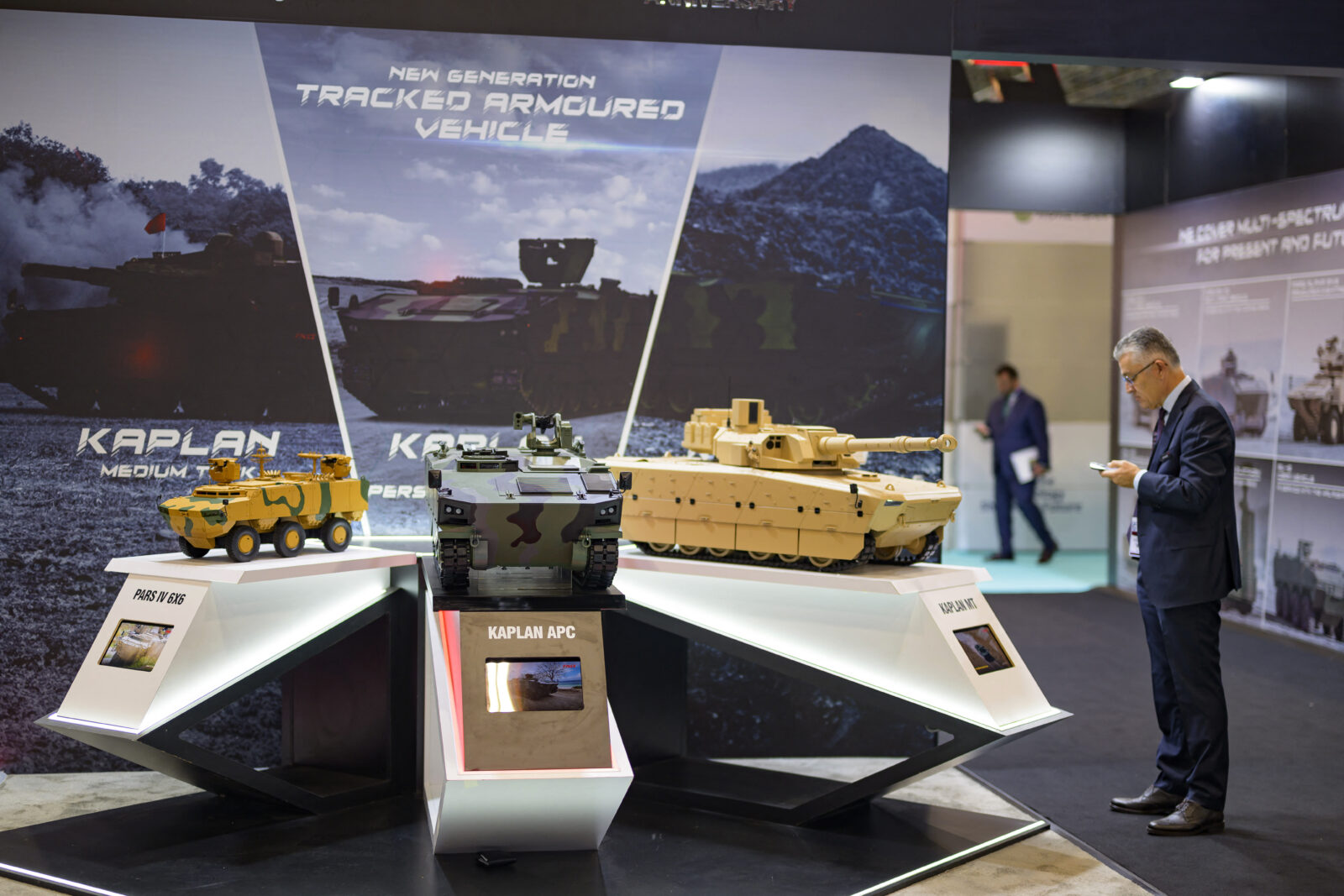
Axelrod recently met with Turkish officials and executives in Ankara and Istanbul. He emphasized the need for Türkiye to halt the trade of American-origin chips and other parts critical to Russia’s military operations.
We need Türkiye to help us stop the illicit flow of US technology to Russia. We need to see progress, and quickly, by Turkish authorities and industry or we will have no choice but to impose consequences on those that evade our export controls.
Matthew Axelrod
U.S. Treasury Under-Secretary for Terrorism and Financial Intelligence Brian Nelson expressed concern over Türkiye’s alleged trade in military-linked goods during his visit last year.
The U.S., EU, U.K., and Japan have targeted around 50 categories of civilian products with military applications that are crucial to Russia’s war in Ukraine. However, Japanese and South Korean-made CNC machines are still managing to reach Russian military factories, where they are used to produce military hardware for Russia.
According to the U.S. Commerce Department, Türkiye was the world’s second-largest source, after China, of U.S.-origin goods sent to Russia.
The U.S. Treasury Department has also sanctioned numerous Turkish companies for allegedly supplying Russia’s military-industrial complex.
Türkiye’s alleged exports of high-priority military-linked goods to Russia or intermediaries like Azerbaijan and Kazakhstan have surged since the war began, registering $85 million in the first six months of this year, compared to $27 million in the same period in 2022.
There’s been some recent progress . . . but it’s not enough, because it’s still way too high.
US Commerce Department Official
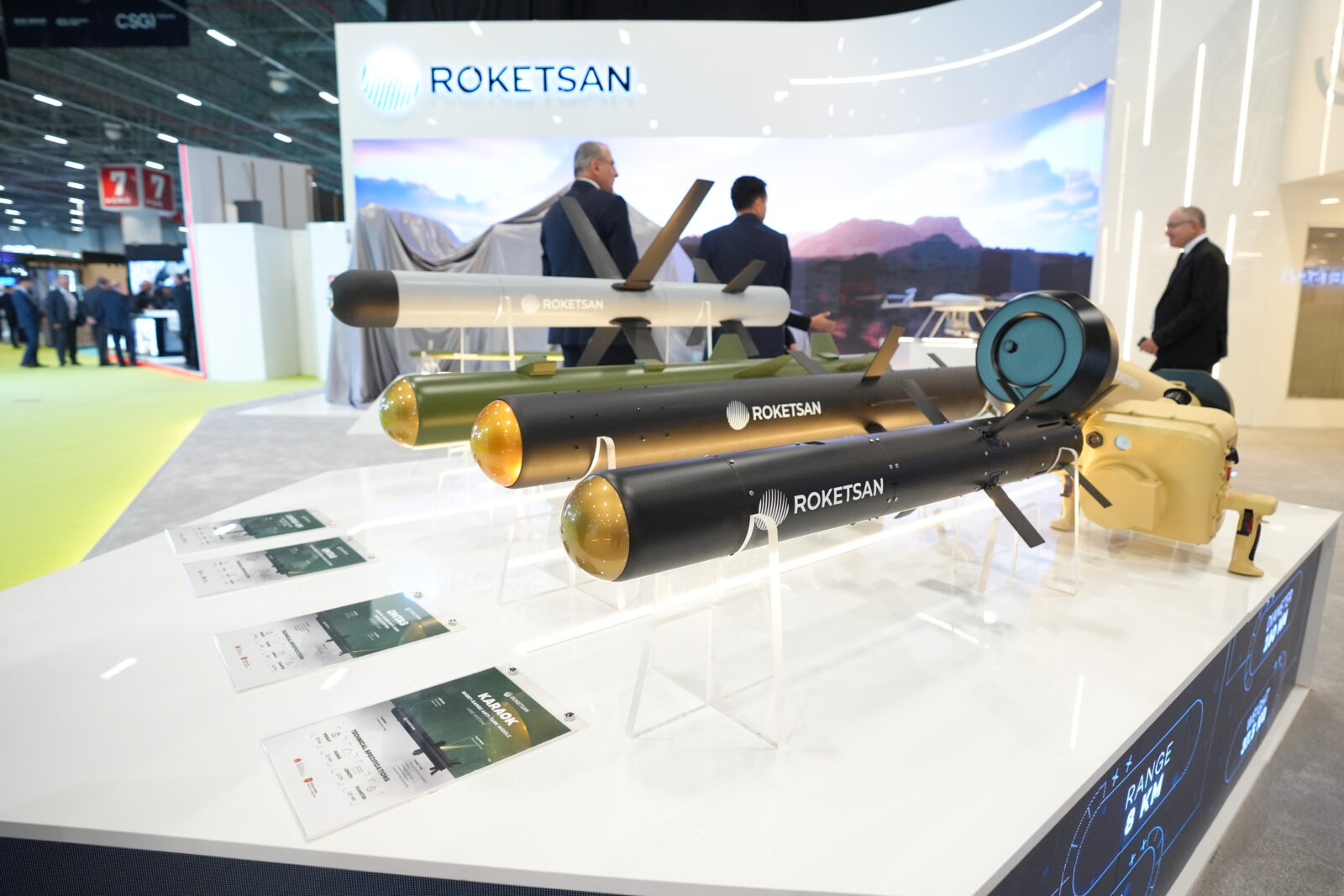
Türkiye’s trade relations with Russia impacted
Türkiye’s alleged export of military-linked goods to Russia surged after the full-scale invasion of Ukraine in 2022, peaking at $38 million in December of that year. However, recent figures show a significant drop to $4.1 million by August 2024.
“We believe the Turkish government heard and understands our concerns. We’re optimistic we’ll see increased cooperation going forward,” Axelrod told the Financial Times.
This decline in trade is partly due to increased scrutiny and new regulations, although some goods are reportedly still reaching Russia via intermediary countries such as Kazakhstan and Azerbaijan.
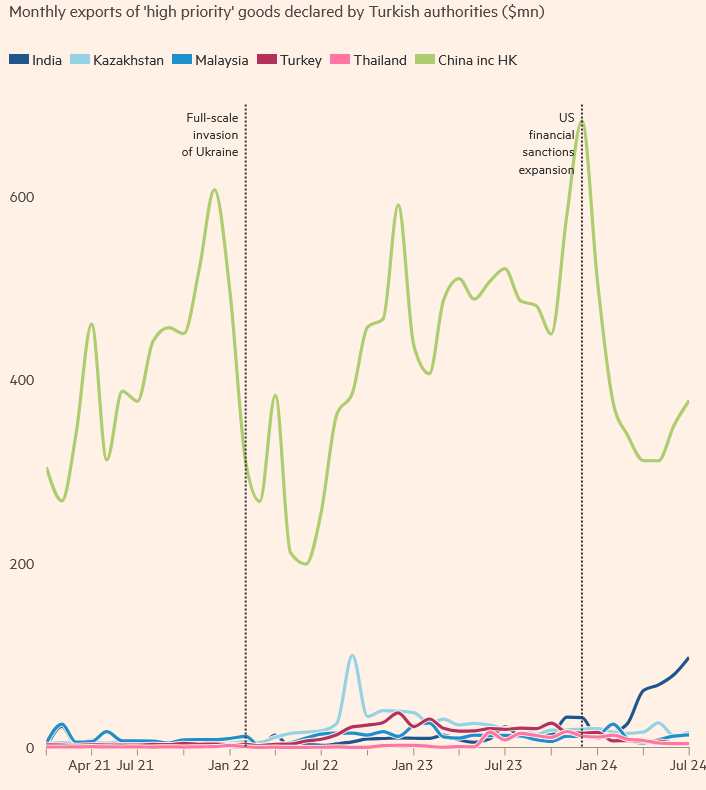
International implications
The curbs on military goods come as the U.S. and its allies continue efforts to prevent Russia from accessing Western technology critical to its arms industry.
While China remains Russia’s largest supplier of high-priority goods, Türkiye’s decision to curb exports marks a notable shift in its trade policy, potentially impacting its diplomatic relations with both the U.S. and Russia.

